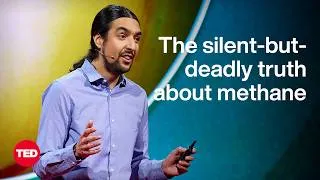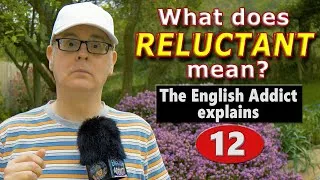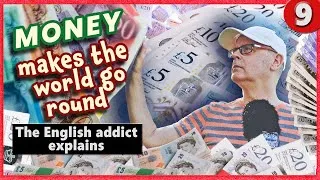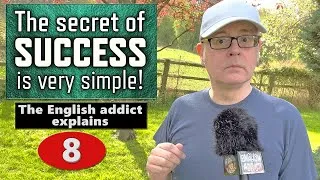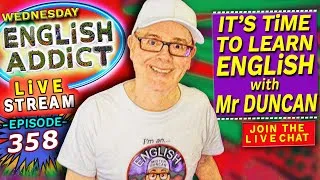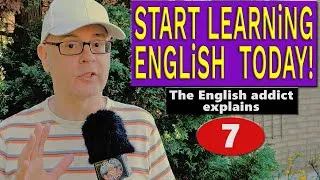English Grammar & Spelling: VERBS with 2 PAST TENSES
Грамматика и орфография английского языка: глаголы, имеющие две формы прошедшего времени
228,386 views ・ 2019-09-15
Пожалуйста, дважды щелкните на английские субтитры ниже, чтобы воспроизвести видео.
New videos
Original video on YouTube.com
Этот сайт познакомит вас с видеороликами YouTube, полезными для изучения английского языка. Вы увидите уроки английского языка, преподаваемые высококлассными учителями со всего мира. Дважды щелкните по английским субтитрам, отображаемым на каждой странице видео, чтобы воспроизвести видео оттуда. Субтитры прокручиваются синхронно с воспроизведением видео. Если у вас есть какие-либо комментарии или пожелания, пожалуйста, свяжитесь с нами, используя эту контактную форму.

